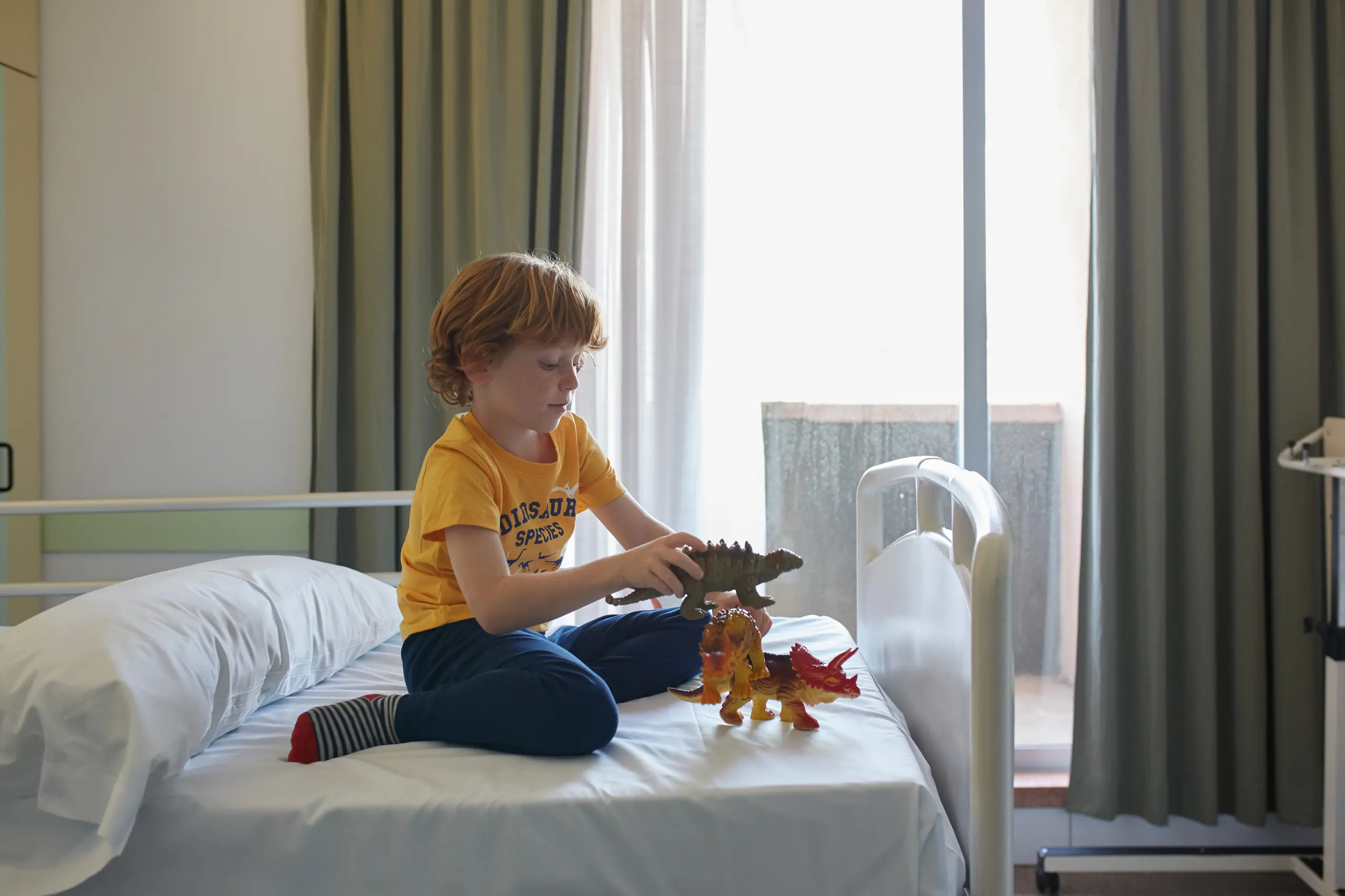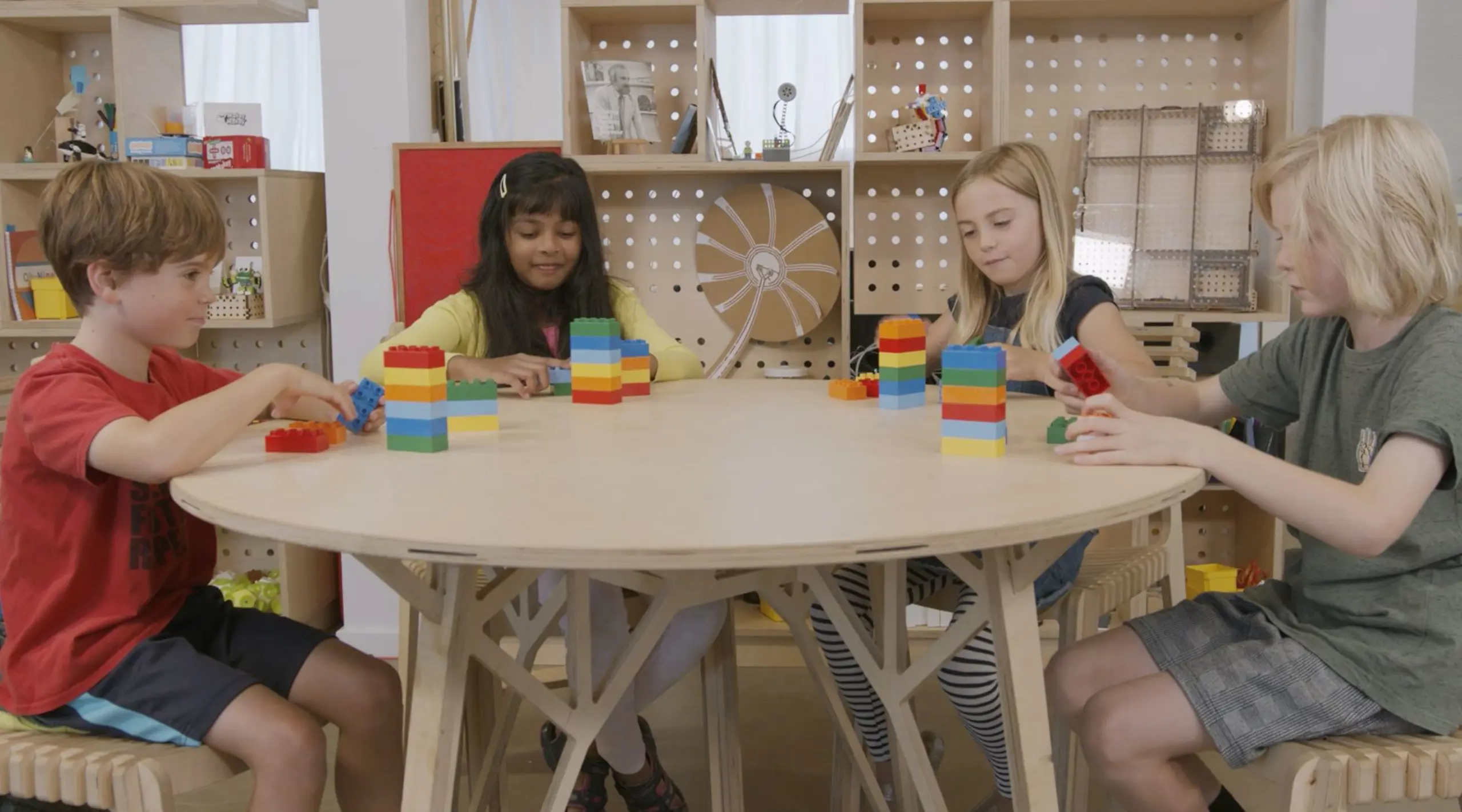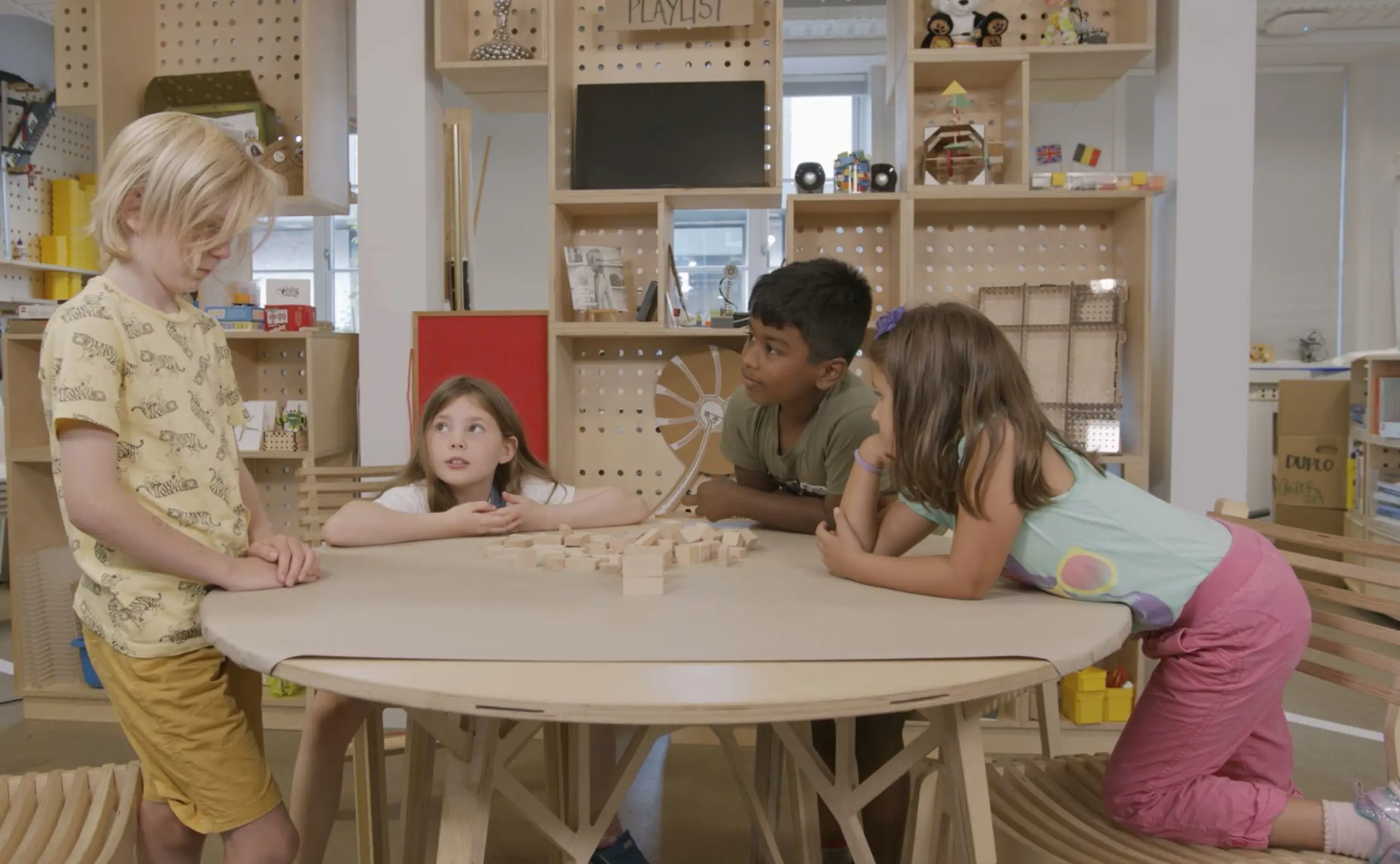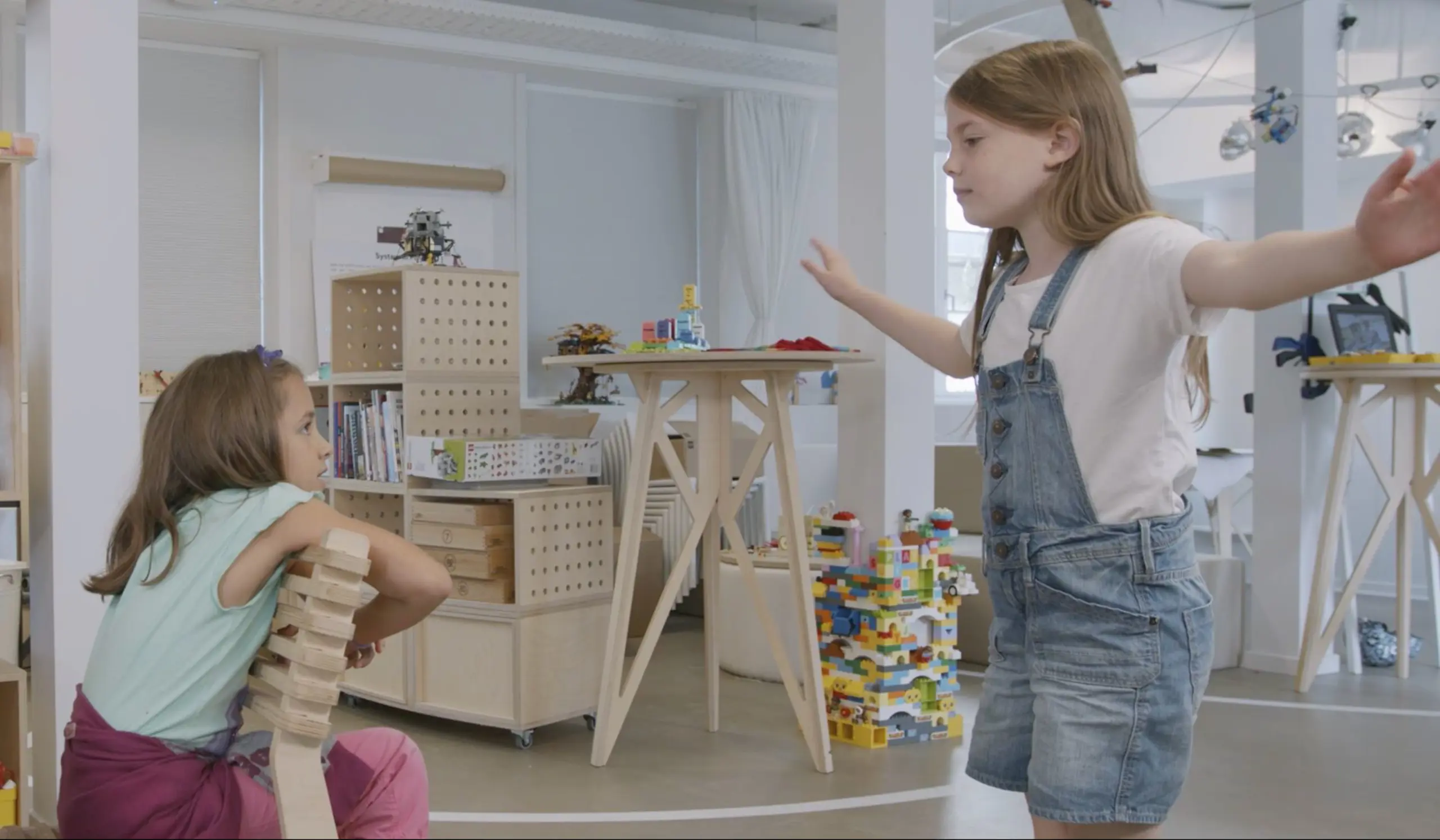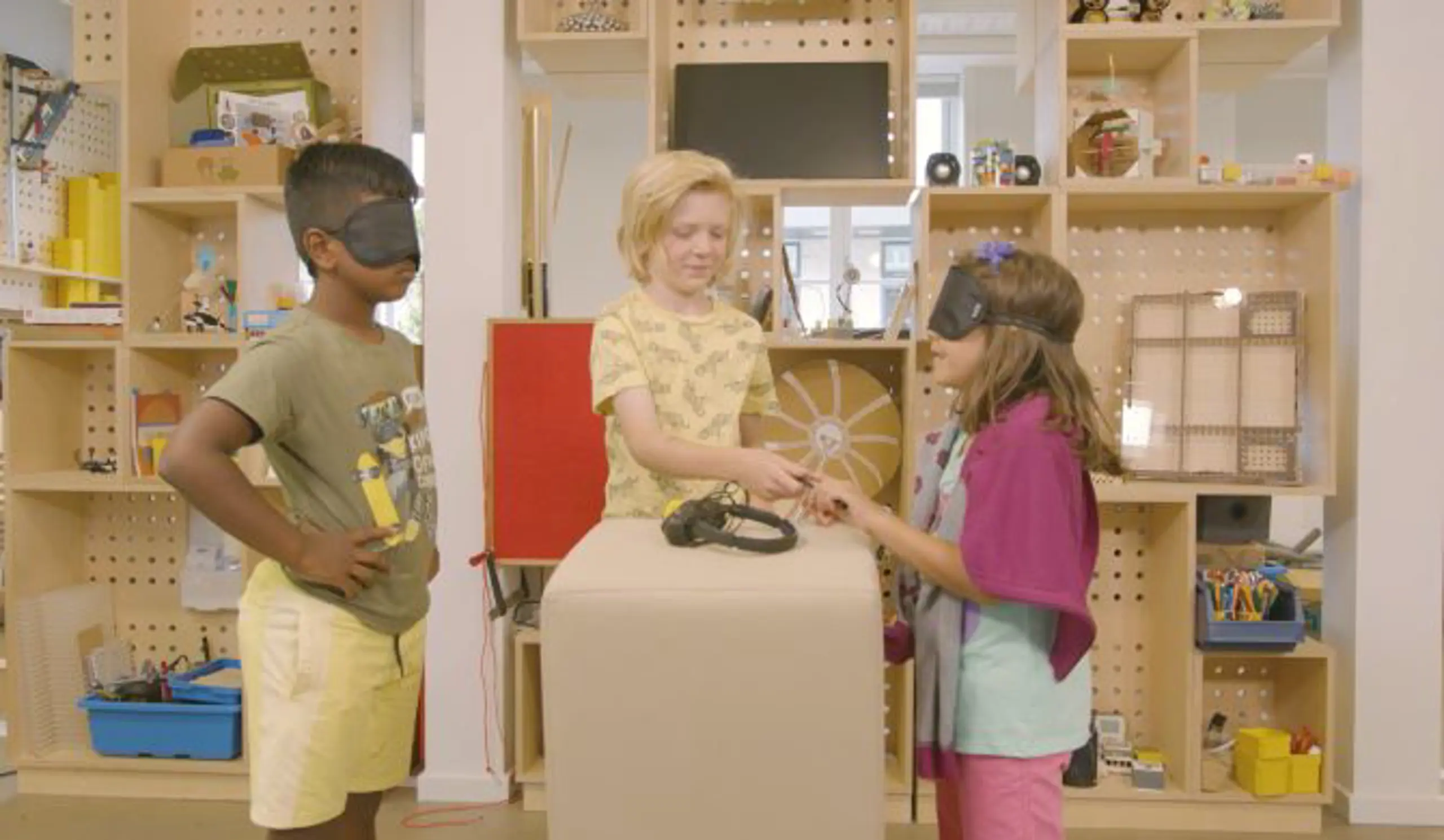Children get more out of play when they take the lead. But the science shows us adults can – and should – join in. Here’s why
Children and grown-ups: the perfect play partners
Whether you’re a parent, nursery leader or teacher, if you get involved in play – meeting children where they are to share and encourage their ideas – you’ll both get lots out of it.
Resist the urge to take control. Instead, try asking open questions that invite little ones to explore for themselves. Simply switching “here’s how to build a marble run” to “who can build the fastest marble run?” can unlock a powerful world of learning through play.
When children try things out for themselves, they remember what they’ve learned. Plus they get the burst of joy that comes with each new discovery.







